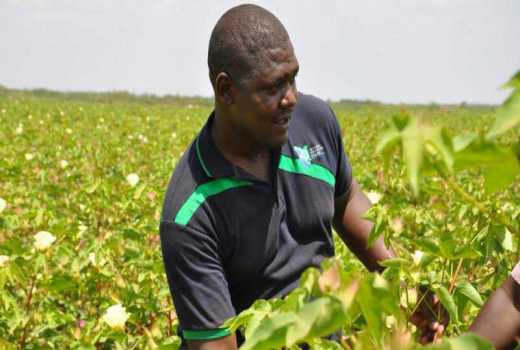
Cotton farming was once a lifeline for thousands of families in Kenya, but the ailing sector is today on its death-bed. There have been several attempts to resuscitate it but to no avail, yet what hurts the sector most is not difficult to cure. Low prices and expensive pesticides have made cotton farming prohibitive. More than half of cotton ginneries are silent, and the few operating do so half-heartedly. Memories of the good old days and the lack of alternative economic activity are perhaps the only motivating factors for the few remaining farmers. Yet cotton farming has great potential. It can re-awaken the country’s manufacturing sector and put thousands of young people in gainful employment.
Most farmers will tell you that things started going bad in the early 1990s when the State stopped baby-sitting state corporations, through what came to be known as structural adjustment programmes.